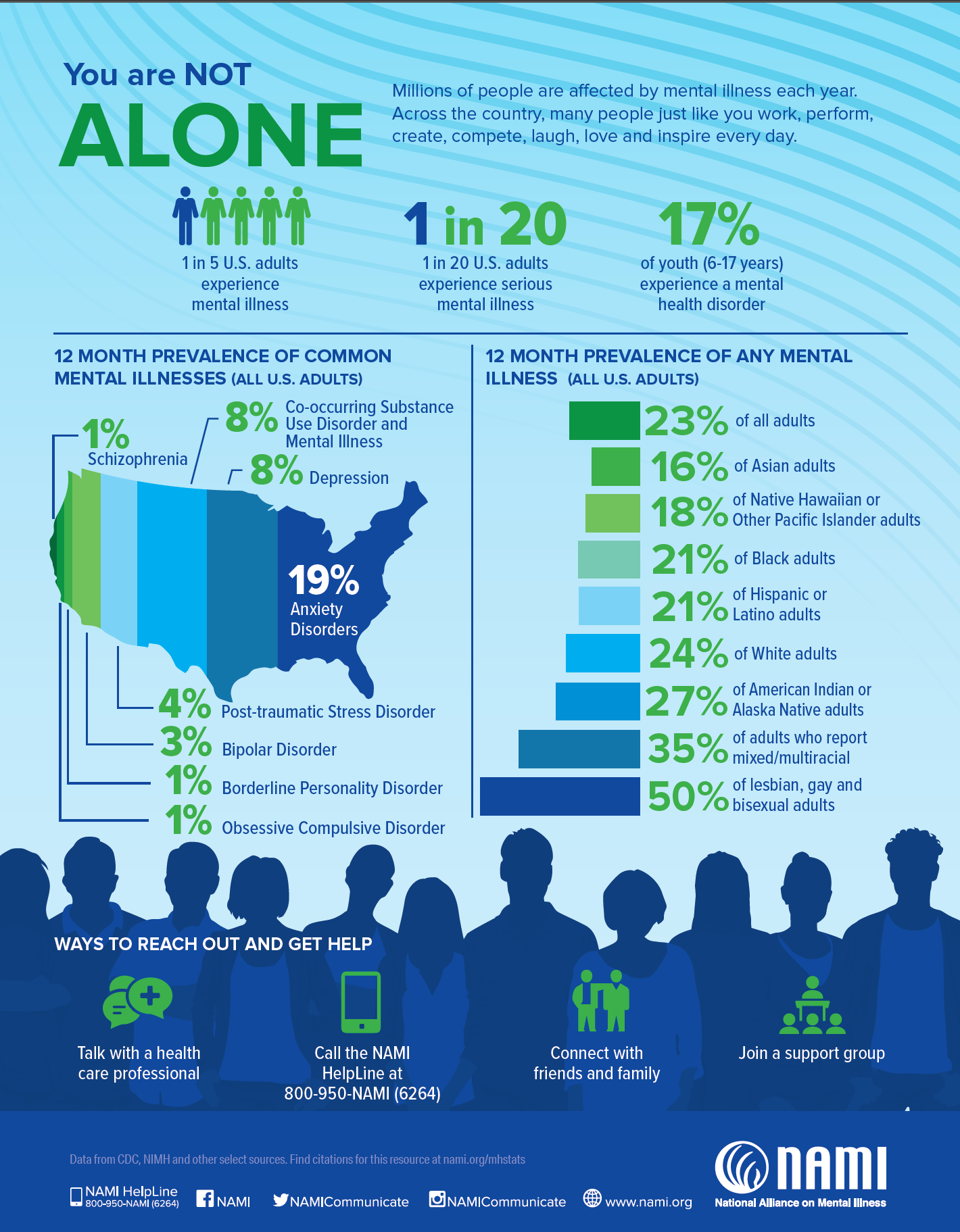Greg Dunn is a remarkable artist whose creative journey seamlessly illuminates the profound beauty of the brain and nervous system.
From his earliest artistic experiments, Dunn, who also holds a PhD in Neuroscience, found that neural forms possessed an innate connection with the aesthetic principles found in minimalist Chinese and Japanese sumi-e scroll and gold leaf painting. This revelation began guiding him toward a unique artistic path.
rick Corrigan, a Distinguished Professor of Psychology at the Illinois Institute of Technology, has earned numerous accolades and is renowned for his tireless commitment to reshaping our understanding of mental health and disabilities.
In 2022, Corrigan was honored with the prestigious APA Senior Career Award for Distinguished Contributions to Psychology in the Public Interest, a testament to his lifelong devotion to this cause.
When stress got to be too much for TED Fellow Sangu Delle, he had to confront his own deep prejudice: that men shouldn’t take care of their mental health. In a personal talk, Delle shares how he learned to handle anxiety in a society that’s uncomfortable with emotions. As he says: “Being honest about how we feel doesn’t make us weak — it makes us human.”
As a society and as individuals, we find it easy to have empathy for someone who is suffering from physical illness. Diseases or conditions affecting the body’s physical structures or systems tend to be visible. Tend to be tangible. Physical ailments can usually be diagnosed through physical examinations. Symptoms can be traced back to known root causes and explained in straightforward terms we can understand.
Since we all have bodies, we can all relate.
Given this common understanding, it follows that public health discussions often default to the physical as well. While a critical aspect of public health, dialogue surrounding mental health is far less common. Unlike most physical disorders, mental health challenges are typically not well understood. This unfamiliarity can breed fear and fear, in turn, creates stigma. Stigma is a mark of disgrace associated with a particular circumstance, quality, or person. It causes negative stereotypes, discrimination, and prejudice against people based on some distinguishing characteristic or condition. Most importantly, stigma is one of the primary barriers to improving mental health outcomes.
